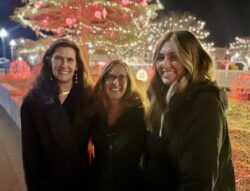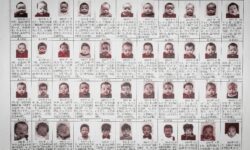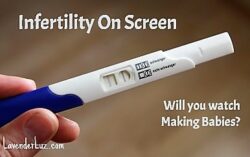
film/movie/book/tv
Inside Peek at the First Adoption Unfiltered Book Tour
Photo essay of the first book tour for new book Adoption Unfiltered, authored by an adoptee, a birth parent, and an adoptive parent.


Photo essay of the first book tour for new book Adoption Unfiltered, authored by an adoptee, a birth parent, and an adoptive parent.

The release of the film One Child Nation means that adoptees from China may have questions and emotions. Here’s how can adoptive parents support them.

Hollywood portrays infertility in the new comedy film Making Babies. Can it do the topic well? Previews leave me dubious.